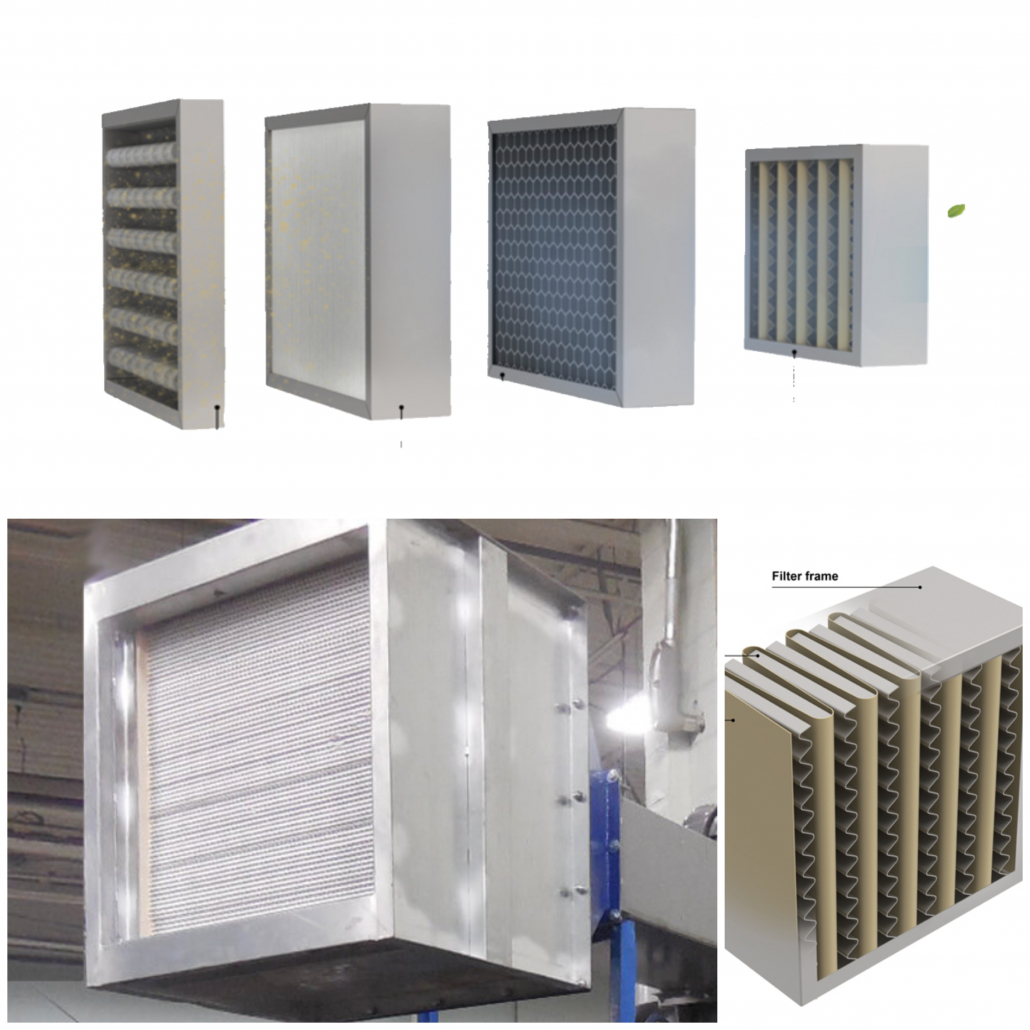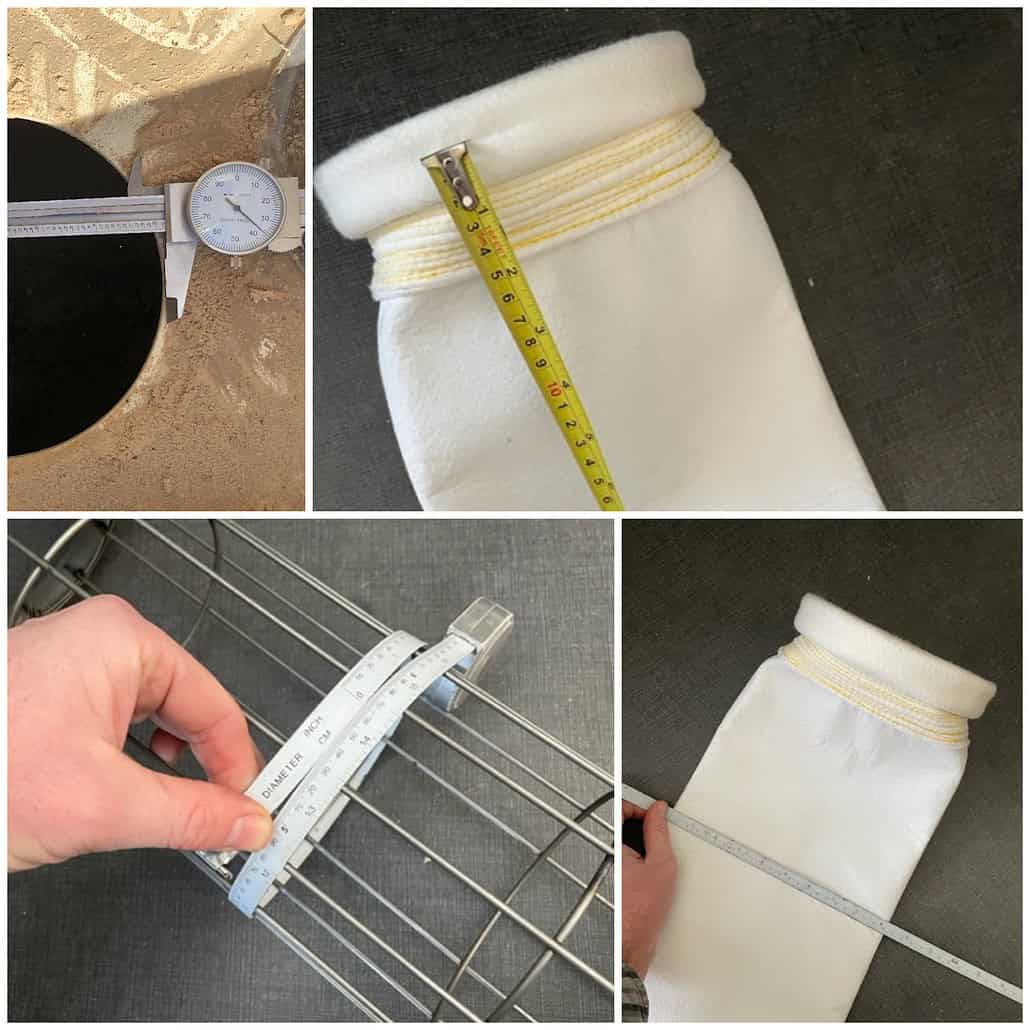In Texas, the EPA has informed a sizable number of oil refiners, chemical and plastics manufacturers that they need to bring their air pollution permits in line with federal and not Texas state levels.
All but three of the 74 companies have informed the Environmental Protection Agency that they will bring the state-issued permits into compliance with federal law within the next year.
This action is in response to the on-going conflict between federal air quality standards, and Texas state legislation which allows for so-called flexible permits. The permits in question require refineries, chemical plants and other facilities to meet an overall emissions cap but allows them to choose how to do so. Federal rules, however, require plants to limit emissions of certain pollutants from each source within a facility.
With this turn of events, it appears that even while Texas is still battling the EPA on this issue, industry in general in Texas is bringing itself in line with federal standards.
Commenting on Texas industries Al Armendariz, the EPA’s administrator based in Dallas stated “They understand these permits are an anomaly,” adding that none of the companies has indicated that it will sue to keep its flexible permit. “It’s now a question of how do they fix them instead of whether they should”.
Texas has filed suit to block the EPA’s disapproval of flex permits, asserting that there is no legal or technical justification for the federal agency’s action.
The EPA rejected the state’s use of the permits in June, saying they fall short of the federal Clean Air Act’s requirements. But those with the permits reacted slower than Armendariz liked, so he threatened fines and other penalties if they did not move by Dec. 22 to resolve their permits.
The EPA would not say which companies failed to meet the deadline because of the possibility of taking enforcement action against them. But Armendariz said his staff had heard from the 30 largest permit-holders, which account for roughly 90 percent of emissions released under flexible permits.
Pam Giblin, an Austin-based Baker Botts attorney who represents many large flexible permit holders, said industry waited to respond until the EPA had explained how to make their permits comply — and not in protest.
Pollutants and permits
The single overall cap, the EPA argues, makes the Texas permits nearly unenforceable and allow plants to emit more than similar facilities in other states. But state officials say the system cuts red tape and pollution without violating federal law.
TCEQ spokesman Andy Saenz said companies “must decide for themselves how to deal with EPA’s overreaching and unnecessary regulatory demands. The TCEQ is not requiring any ‘fix’ but the agency is accommodating any legally viable transition option that flex permit holders may choose to exercise.”
The EPA has encouraged companies to follow the leads of Flint Hills Resources and INEOS Olefins & Polymers USA – both of which agreed to apply for new state-issued permits after negotiating some terms and conditions with the federal agency.
That’s important because the agreements ensure that the state permits will meet federal requirements, said Ilan Levin, an attorney with the Environmental Integrity Project, which has filed legal challenges to some of the flexible permits.
Request for transparency
“The devil is in the details, and the TCEQ hasn’t been willing to guarantee that these be done in a transparent way,” Levin said.
Valero Energy Corp., for example, has asked TCEQ to set limits for each emissions source at its plants, but to leave the rest of the permit alone. The state has issued new permits for five of the San Antonio company’s six Texas facilities, although the EPA has raised concerns about whether the revisions are federally compliant.
Valero spokesman Bill Day said the company is talking with the EPA to resolve their differences.
About the Author
| Dominick DalSanto is an Author & Environmental Technologies Expert, specializing in Dust Collection Systems. With nearly a decade of hands-on working experience in the industry, Dominick’s knowledge of the industry goes beyond a mere classroom education. He is currently serving as Online Marketing Director & Content Manager at Baghouse.com. His articles have been published not only on Baghouse.com , but also on other industry related blogs and sites. In his spare time, Dominick writes about travel and life abroad for various travel sites and blogs.






